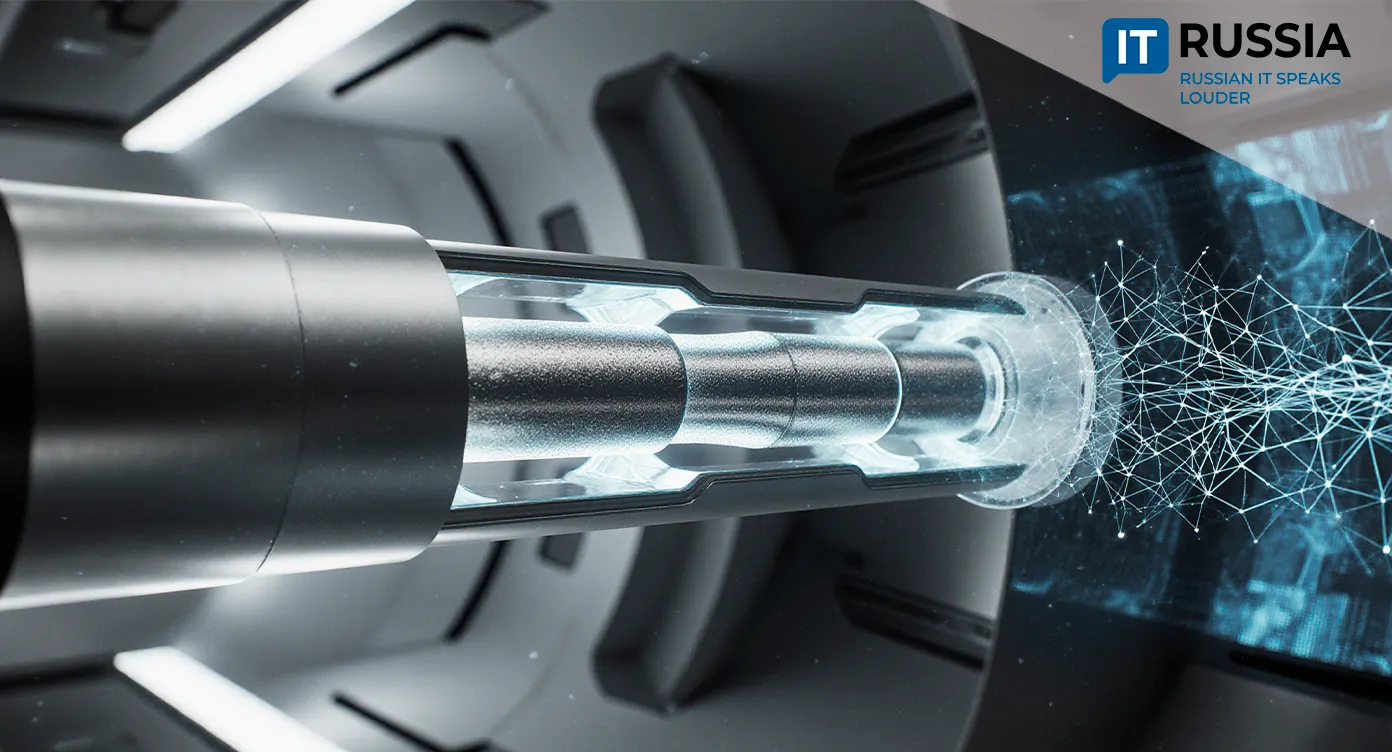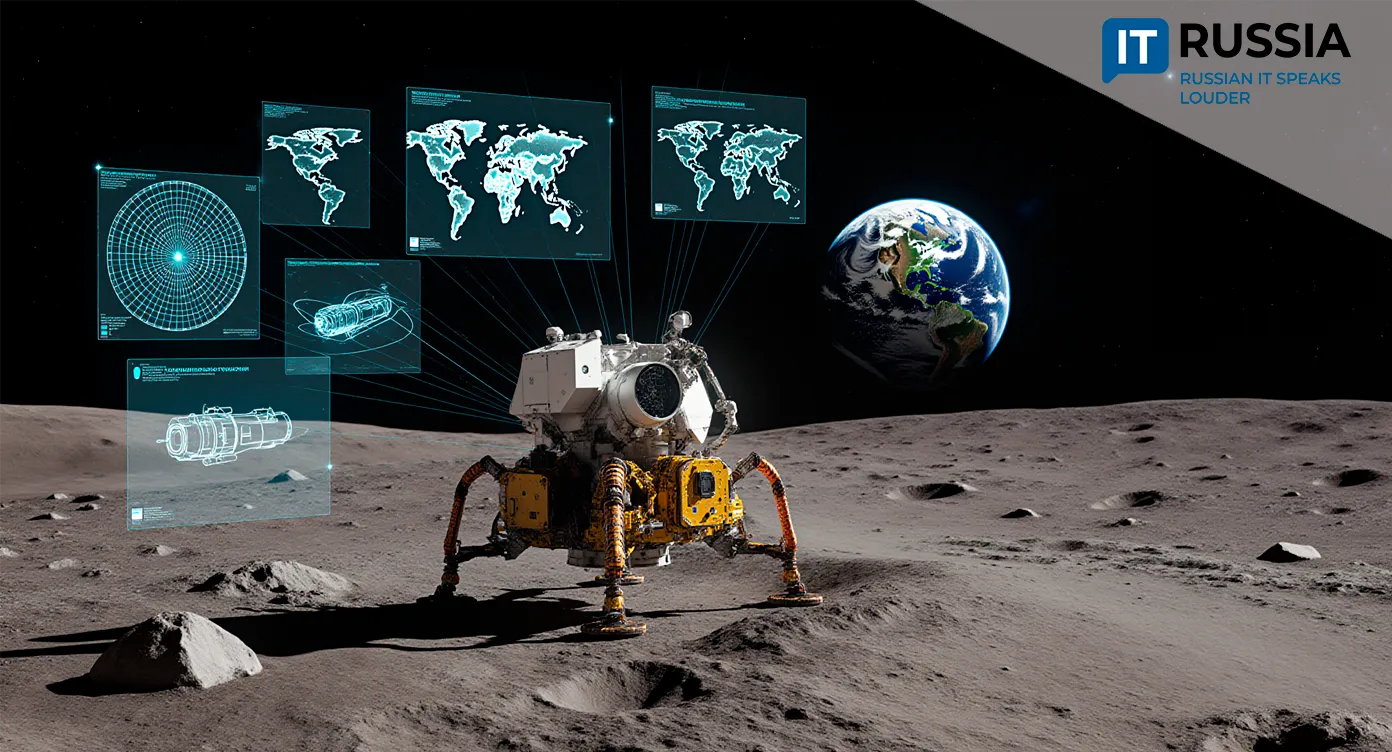Russia Reduces Dependence on Imported Electronics
Russian manufacturers of microelectronics have significantly expanded their presence in the domestic market, marking a systemic move toward technological sovereignty.
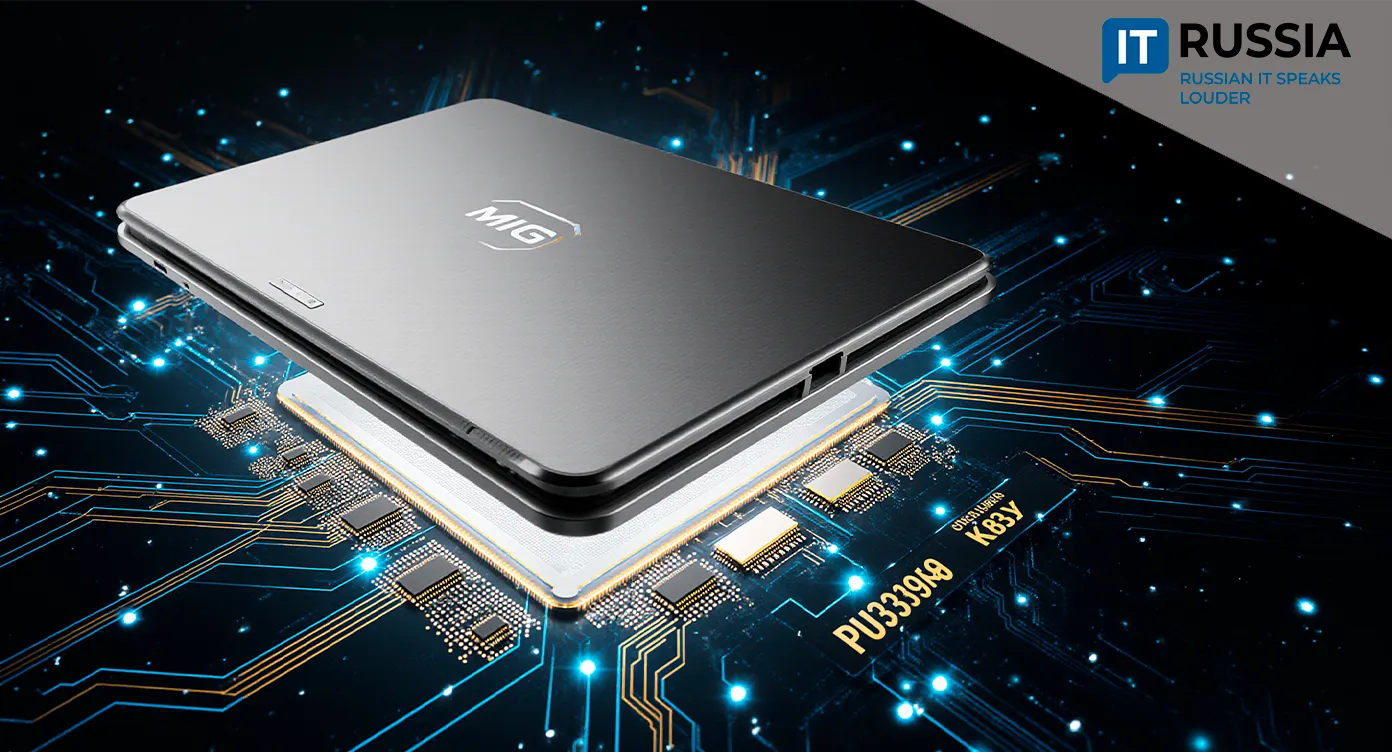
Industry and Import Substitution
A new milestone for the Russian electronics sector is the introduction of the MIG LT11i tablet, built on a serially produced motherboard made entirely of Russian laminate. The device was co-developed by MIG and Rezonit for the corporate and government sectors, running on the Russian operating system Astra Linux. This makes it suitable for institutions with strict requirements for information security.
MIG engineers designed the board with a focus on reliability and performance, while Rezonit ensured its industrial production. The technical foundation is an eight-layer printed circuit board, 1.0 mm thick, based on FR4 HiTg170. The tablet features a 10.95-inch IPS display with 2000×1200 resolution, weighs 570 grams, and runs on an energy-efficient ARM processor with four cores and a neural coprocessor clocked up to 1.8 GHz. A 12,000 mAh battery supports long autonomous operation. The interface set includes two USB Type-A OTG, one USB Type-C OTG, HDMI, a 3.5 mm audio jack, two speakers, and a microphone with a hardware cutoff switch. Cameras include a 13 MP rear unit with autofocus and flash, and a 5 MP front camera.
The MIG LT11i will be offered in five modifications, differing in RAM and storage options as well as connectivity modules (Wi-Fi, 4G/LTE, possibly GLONASS). This makes the device adaptable to diverse user groups – from students to government employees. Commercial deliveries are scheduled for fall 2025. The launch represents more than just another gadget; it’s a symbol of systematic development in Russian microelectronics.
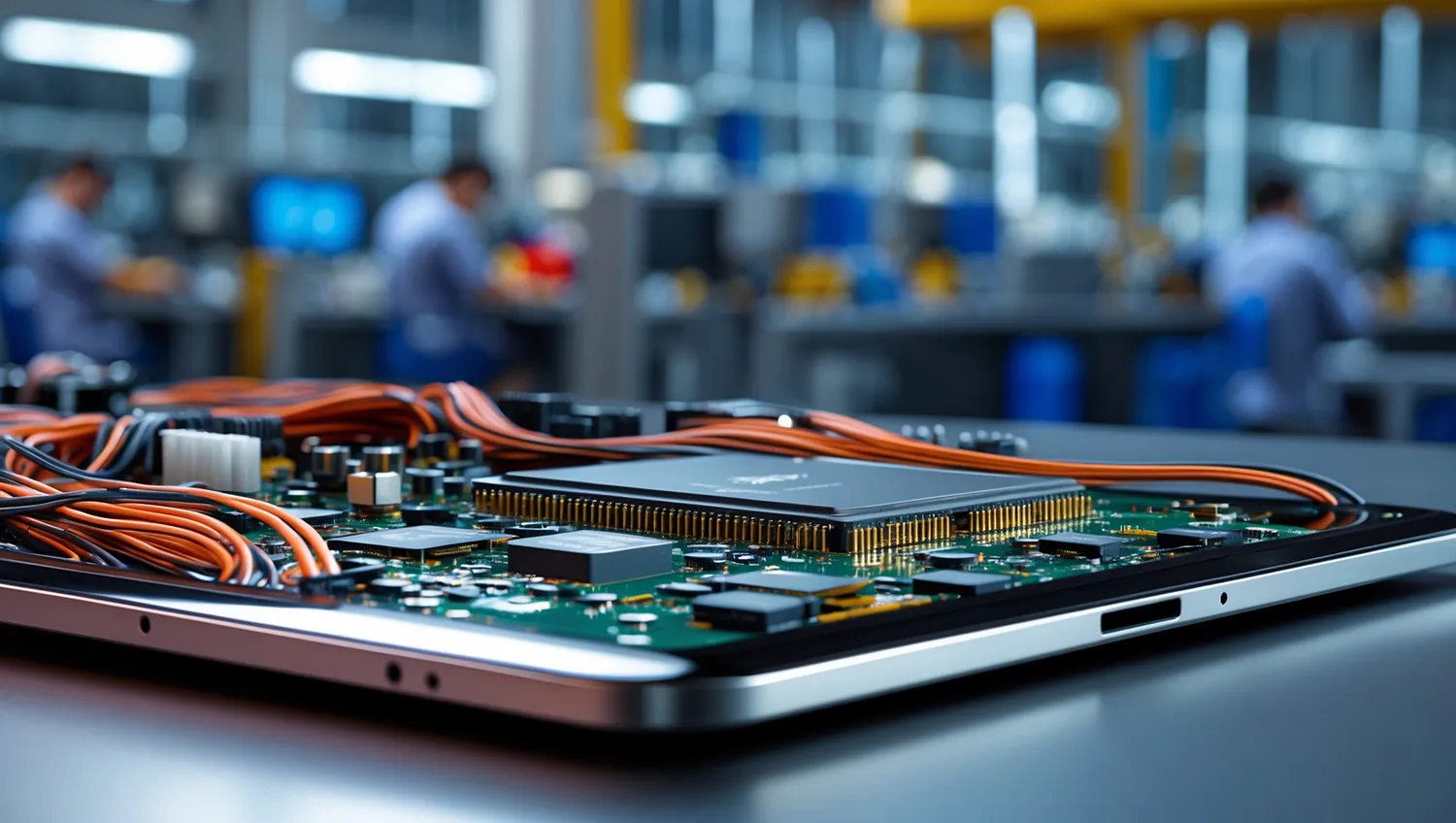
From Boards to Finished Devices
The boards are manufactured by Rezonit, a member of the Association of Electronics Developers and Manufacturers (ARPE). This underscores the systemic nature of the project, involving not only brands but also infrastructure players supporting the full chain “from board to finished device.”
Several Russian companies have increased production of motherboards that meet import substitution requirements. Among them are Aquarius, Graviton, ICL Techno, and GS Group. Aquarius develops and manufactures motherboards for servers, PCs, all-in-one systems, and its own tablet line. Its facilities include SMT and THT production workshops.
Large-scale motherboard production on a contract basis has been in place at NPO TsTS (part of GS Group) since 2018. By 2023, it had manufactured 500,000 boards, including server, PC, and telecom equipment boards. In 2024, GS Group acquired an additional assembly line. Meanwhile, IT vendor Inferit launched SMD assembly lines for motherboards, SSDs, and RAM modules, with a production capacity of 5,000 units per month.
The MIG LT11i is thus not an isolated experiment but a logical continuation of systemic work on import substitution. It demonstrates that Russian firms are able to produce complex devices with a high degree of localization that meet modern requirements, and it shows the emergence of a competitive environment in the domestic market.
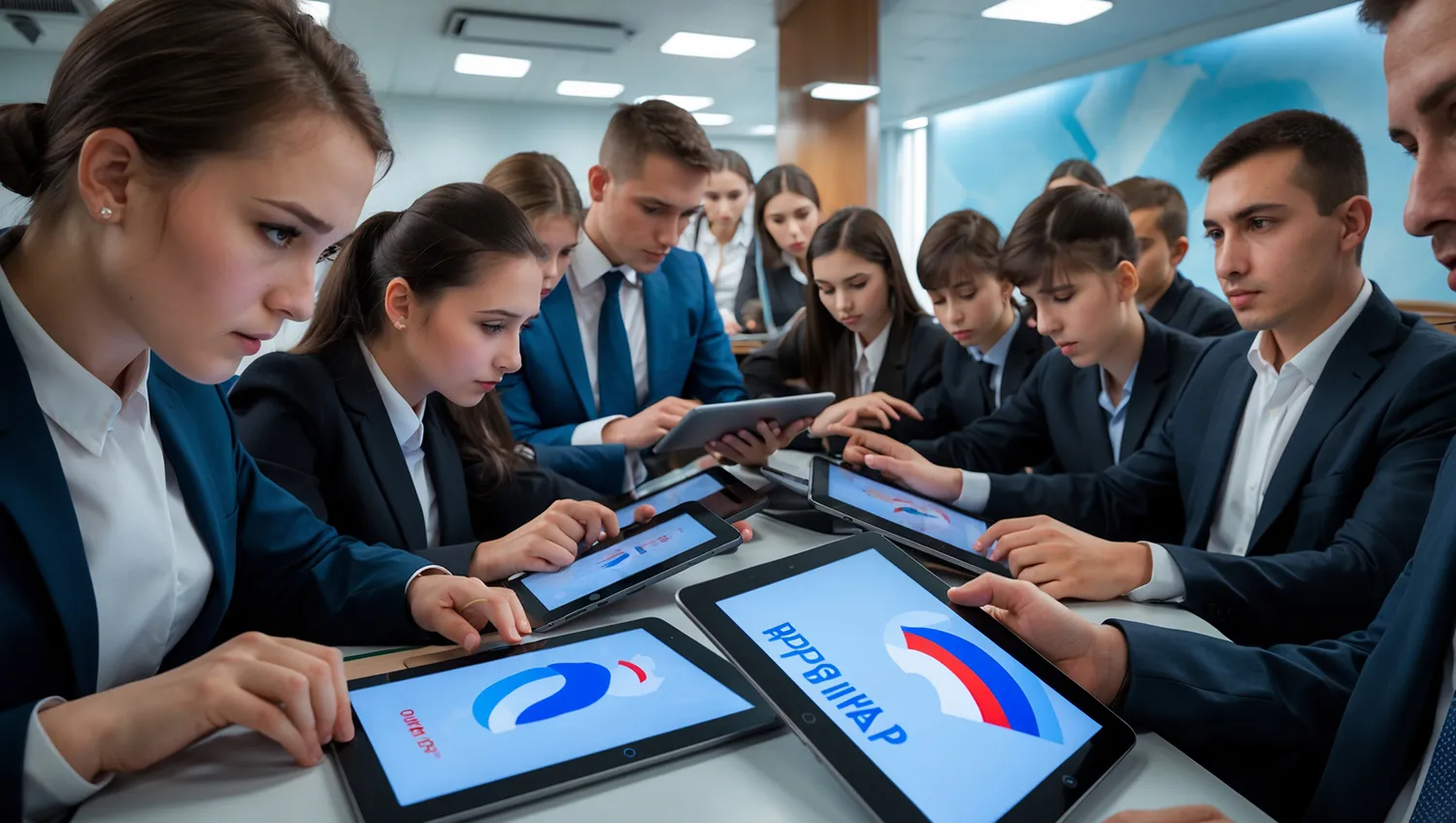
Russia Shapes Its Own Standards
For Russian citizens, the MIG LT11i expands consumer choice, offering a domestically designed and manufactured device. This is particularly important for education, government agencies, and corporate clients requiring strict information security and localized hardware and software. For the country, the project strengthens technological sovereignty by supporting local manufacturers, creating jobs, and building design and production expertise. Globally, it signals that Russian microelectronics can produce competitive solutions, even though export potential remains limited and the domestic market is still the primary focus.
Future developments may include more powerful models for specialized fields such as healthcare and industry, and possibly integration of Russian processors like Baikal or Elbrus. The main challenge, however, remains competing with foreign brands on both price and performance. Even with state support and procurement, success depends on winning in the open market through reliability, usability, and cost-effectiveness.
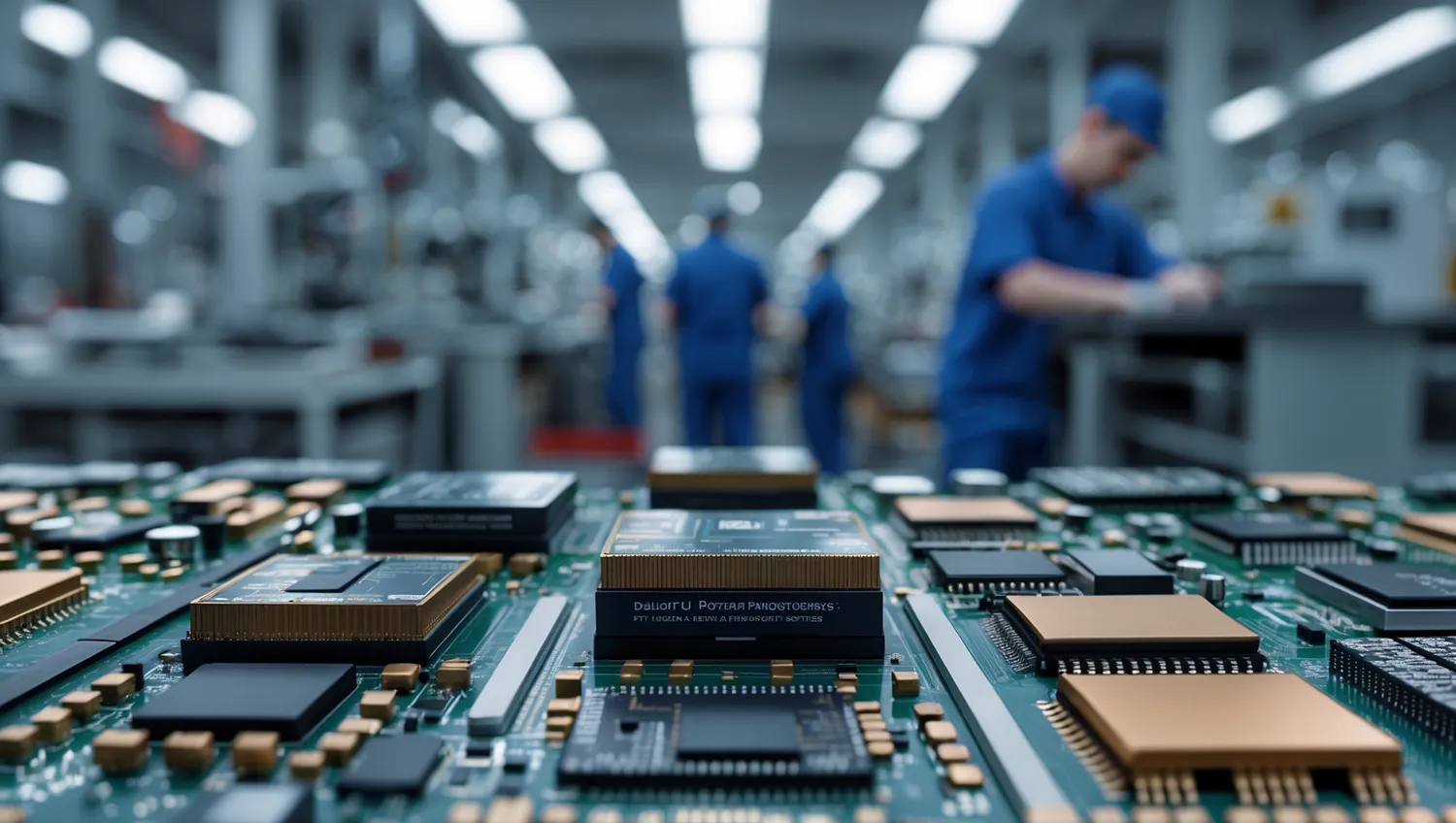
Competitive Potential Beyond Borders
While its export potential is limited, the MIG LT11i may find demand in the Eurasian Economic Union and friendly markets that prioritize data security and independence from Western suppliers. For public institutions in these regions, such solutions address similar sovereignty challenges.
In the end, the MIG LT11i is more than a tablet. It is a technological challenge, an economic project, and a political symbol. It shows that Russia can develop modern electronics on the basis of its own capabilities.








